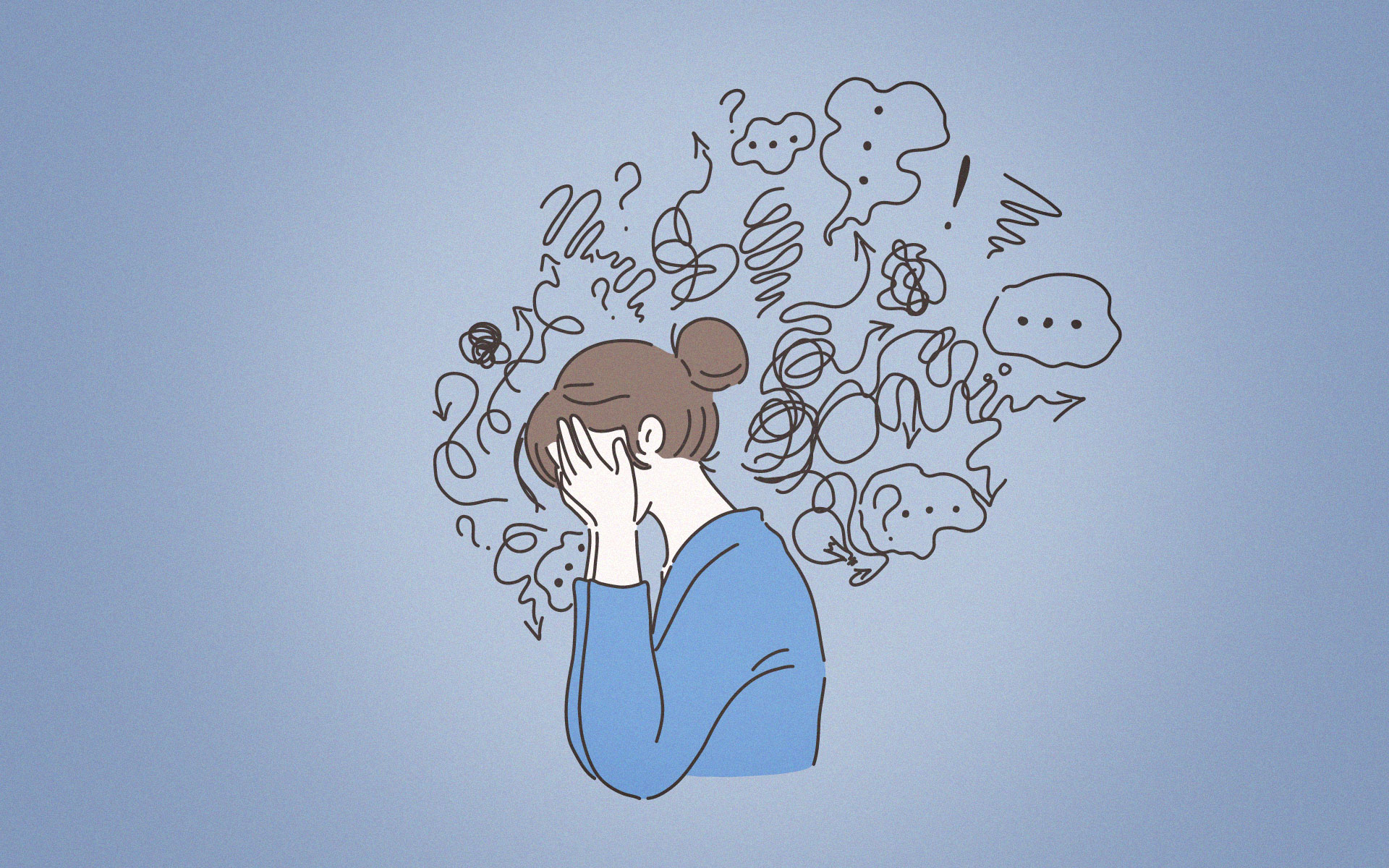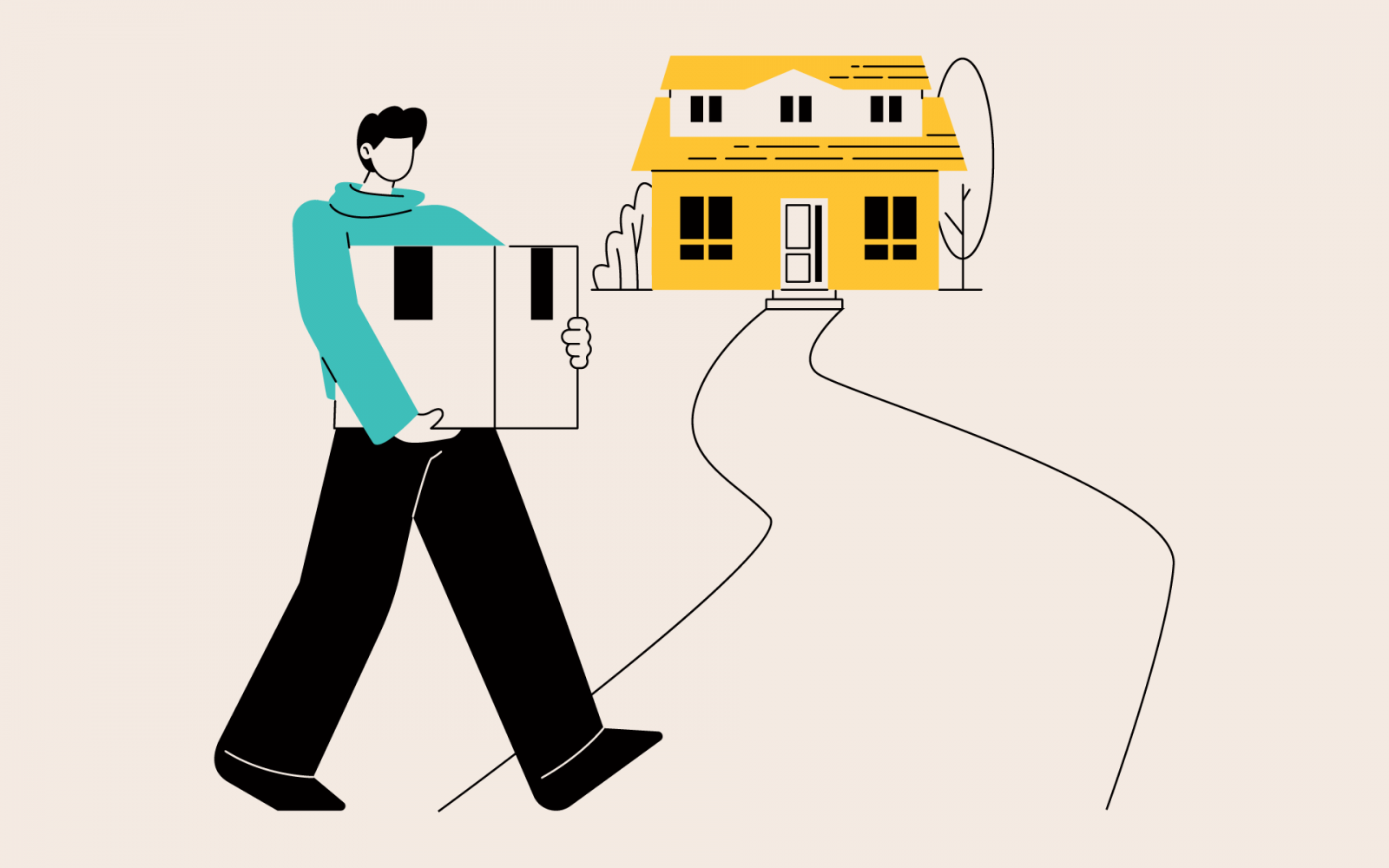Why we’re all feeling so tired of change

Yes, change fatigue is real, and it’s not just a symptom of the pandemic. How can we deal with this modern malaise?
Yes, change fatigue is real, and it’s not just a symptom of the pandemic. How can we deal with this modern malaise?
A change, the old cliché tells us, is as good as a holiday. But when you’re in the midst of a global crisis, with disruptions turning your life upside-down, you reach a point where you need a holiday from all the changes.
Last year, business consultants, Gartner, warned about widespread change fatigue, or a sense of passive resignation in response to too much change in an organisation.
People had gone from office work to remote work; from in-person family gatherings to Zoom birthday calls; from classroom schooling to e-learning; from grocery shopping to buying online; from hugs and handshakes to masks and social distancing.
“The amount of change that the average employee can absorb without becoming fatigued is half what it was last year,” Gartner Vice-President, Jessica Knight, told the Gartner ReimagineHR Conference.
“Employees’ ability to absorb change has plummeted precisely at the time when more organisations need change to reset.”
In short, too much had changed and people were getting sick of it. A landmark 1967 study by psychiatrists, Thomas Holmes and Richard Rahe, found that stressful life events can contribute to physical illness.
Holmes and Rahe’s system gave point-weightings to 43 stressful major life moments. Death of a spouse, for example, was ‘worth’ 100 points. Marriage, 50 points. Change in school or residence, 20 points each.
Go through the list, and you’ll quickly pick up a few changes that nearly all of us experienced through the pandemic: change in the number of family reunions (15 points), change in working conditions (20 points), death of a close friend (37 points), and personal injury or illness (53 points).
The Holmes and Rahe Stress Inventory takes those points and adds them up.
If you score more than 300 in total, they warn that you are at a significant risk of illness.
If you score between 150 and 299, your risk of illness is moderate, while less than 150 means only a slight risk of illness. In other words, too much change really can make you sick.
A more recent study, building on Holmes and Rahe’s work, but commissioned by the UK’s Physiological Society in 2017, found that there’s a gender gap in the world of change fatigue, with women reporting higher stress from major life events than men.
“The modern world brings with it stresses we would not have imagined 50 years ago, such as social media and smartphones,” said Dr Lucy Donaldson, Chair of The Physiological Society’s Policy Committee.
“It was striking that for every single event in this study, from money problems to Brexit, women reported greater stress levels than men. This could have a real impact on women’s health.”
Donaldson added that, while many of us know about the effects of stress on our mental wellbeing, we also need to consider its physical impact.
“Your brain, nervous and hormonal systems react to stress and it affects your heart, immune system, and gastrointestinal system,” she warned.
“When stress is prolonged, these effects on the whole body can result in illnesses such as ulcers or increased risk of heart attack.”
But however stressful or fatiguing it all may be, some changes are good and positive. Take another look at that Holmes-Rahe list.
Along with the bad stuff, you’ll also find happy moments, like welcoming a new family member (39 points), outstanding personal achievement (28 points), and even – who’d have thought? – taking a holiday (13 points).
While change can be stressful, whether the changes are good or bad, things should settle down again once the pandemic is over.
And that’ll come with its own set of changes, won’t it?




